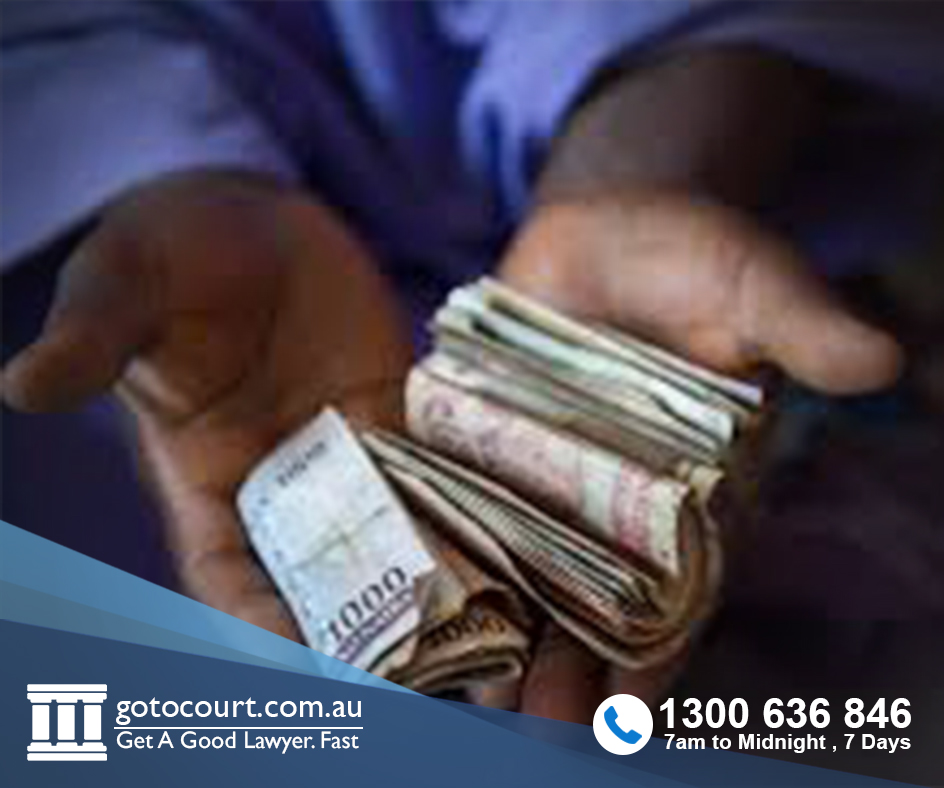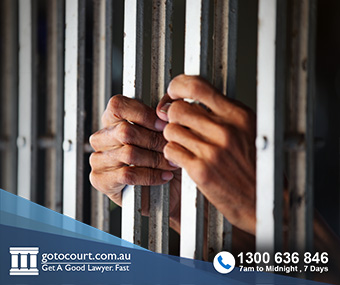Fines & Penalty Units (NT)
Fines & Penalty Units (NT)
Northern Territory courts may impose a range of different sentencing orders when a person is found guilty of a criminal offence. These sentencing options are set out in the Sentencing Act 1995 and the Youth Justice Act 2005. Under both acts, a court may impose a fine of no more than the maximum number of penalty units specified for the offence. This article deals with court-imposed fines in the NT.
When are fines imposed?
Fines are most often imposed by courts in relation to driving offences and other summary offences such as trespass and disorderly behaviour in public. They can also be imposed in relation to more serious offences such as assault, when the circumstances of the offence and of the offender make this appropriate and where no mandatory sentence of imprisonment applies.
Penalty units
A fine is imposed in the form of a specified number of penalty units. A penalty unit is a dollar amount that changes every financial year, based on the Consumer Price Index (CPI). Criminal legislation in the NT specifies how many penalty units a person can be fined for an offence. For example, the offence of driving while disqualified carries a maximum fine of 20 penalty units.
Fines Recovery Unit
When the court sentences a person to a fine, they must pay the amount to the Fines Recovery Unit (FRU). This can be done online, by mail or in person at the FRU or at any court. A fine must be paid within 28 days of being imposed.
If a person is experiencing financial hardship and can demonstrate this (for example, with evidence that they are a Centrelink recipient), they may be allowed to pay in instalments by having a certain amount deducted from their Centrelink payment each fortnight.
Fines in the Youth Justice Court
When a young person is sentenced for offences in the Youth Justice Court, they may be given a fine if they have the means to pay it. A young person of 16 or 17 who is in paid work, for example, may be ordered to pay a fine, whereas a young person of the same age who is still in school would more likely be given some other type of penalty.
Fines are imposed in the Youth Justice Court under section 83 of the Youth Justice Act 2005.
Fines in the adult courts
When an adult is sentenced to a financial penalty in the Northern Territory, the fine is imposed under section 16 of the Sentencing Act 1995.
When an offence carries a maximum sentence of imprisonment, the maximum financial penalty that can be handed down is 100 penalty units multiplied by the number of years (or fraction of a year) of imprisonment that applies. For example, if the maximum penalty is one year imprisonment, the maximum fine is 100 penalty units.
If the offence does not carry a penalty of imprisonment, the maximum financial penalty is the amount specified and if no amount is specified, 20 penalty units.
When a body corporate is penalised, the maximum financial penalty to be imposed is five times the maximum amount specified for an individual.
What court must consider
The court must consider the offender’s financial circumstances and how much of a burden a fine would represent. When imposing a fine, the court must take into account any other orders it will be making, including any restitution or compensation order. If an offender lacks the means to pay both a fine and a restitution or compensation order, the court must prioritise the restitution or compensation order.
Commitment in default
When a court imposes a fine, it may order that the person be imprisoned if it is not paid within 28 days. A person may be imprisoned for non-payment of a penalty for a period of between one day and three months.
Financial hardship
When a person is found guilty of offences under circumstances where financial hardship was a major contributing factor, the defence can make a strong case that a fine should not be imposed. For example, where criminal charges result from a domestic argument about money, it may be more appropriate to deal with the offender by way of a non-financial penalty.
If you require legal advice or representation in any legal matter, please contact Go To Court Lawyers.

Affordable Lawyers
Our Go To Court Lawyers will assist you in all areas of law. We specialise in providing legal advice urgently – at the time when you need it most. If you need a lawyer right now, today, we can help you – no matter where you are in Australia.How It Works




1. You speak directly to a lawyer
When you call the Go To Court Legal Hotline, you will be connected directly to a lawyer, every time.

2. Get your legal situation assessed
We determine the best way forward in your legal matter, free of charge. If you want to go ahead and book a face-to-face appointment, we will connect you with a specialist in your local area.

3. We arrange everything as needed
If you want to go ahead and book a fact-to-face appointment, we will connect you with a specialist in your local area no matter where you are and even at very short notice.

























